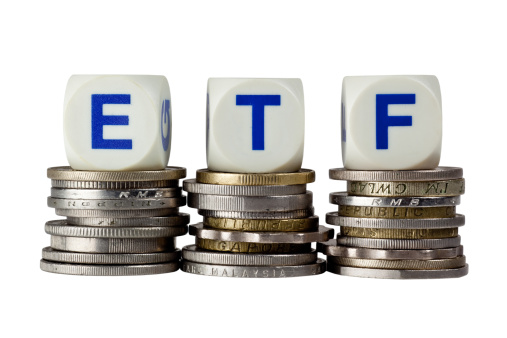Small investors thought the recent stock market rally was too good to be true. That means they may stay out of a market to which some legions never returned, as it became dominated by institutions that could trade millions of shares in a flash. The often-mentioned demise of the little investor may have happened.
If the individual investor has made money, it has been mostly in mutual funds and exchange traded funds (ETFs). A proper selection, even if it simply matched the major indices, would have allowed such investors to more than double their money since the market trough of early 2009. There have been a large number of gyrations since then, but all in all, patience has been rewarded. And the gyrations have not effected these investors much, if their reaction to the recent market peak is an indication. If the some individual investors have remained in the market, most have not made money by frenzied day trading, which often does not work for large investors either.
A new Gallup report says that:
Average U.S. investors are more likely to feel they personally didn’t benefit much from the record highs the stock market has recently reached, with 54% saying they benefited “a little” or “not at all,” while 43% believe they benefited “somewhat” or “quite a lot,” according to the Wells Fargo/Gallup Investor and Retirement Optimism Index survey.
For those who remember 1999 and 2000, a rush up in prices was too good to be true. And for those who watched the market collapse in 2001 and 2008/2009, the sell-offs were too awful to be true. It does not take a genius to realize that sharp spikes up or down usually are not long lived.
The activities of the small investor beg two questions. The first is whether they have decided to hold their money in stocks for years and do little trading. This tactic would have allowed them to remain somewhat on the sidelines of the real estate collapse and a bond market in which some yields have been close to zero. The other question is whether the proliferation of flash trading and insider information will cause them to flee the equities markets more than they have in the past, because they think stocks are a rigged game. If so, it is better to take low yields, and like them, too.
The conclusion of the Gallup poll favors a view that individual investors are patient, but it does not indicate when that patience will end:
Although they failed to benefit, the overwhelming majority (83%) do not regret their investment decisions, with half saying they are not adjusting their portfolios because they are long-term investors. Even investors anticipating a significant market correction did not try to shift into safer investments as a result.
With each new revelation that a large investor got information before the rest of the market, or that another scam robbed people of their savings, long-term investors have to think that their patience has not been rewarded and will not be in the future.
Methodology: The Wells Fargo/Gallup Investor and Retirement Optimism Index results are based on questions asked on the Gallup Daily tracking survey of a random sample of 1,426 U.S. adults having investable assets of $10,000 or more May 16 to 27, 2013.
Are You Ahead, or Behind on Retirement? (sponsor)
If you’re one of the over 4 Million Americans set to retire this year, you may want to pay attention.
Finding a financial advisor who puts your interest first can be the difference between a rich retirement and barely getting by, and today it’s easier than ever. SmartAsset’s free tool matches you with up to three fiduciary financial advisors that serve your area in minutes. Each advisor has been carefully vetted, and must act in your best interests. Start your search now.
Don’t waste another minute; get started right here and help your retirement dreams become a retirement reality.
Thank you for reading! Have some feedback for us?
Contact the 24/7 Wall St. editorial team.






